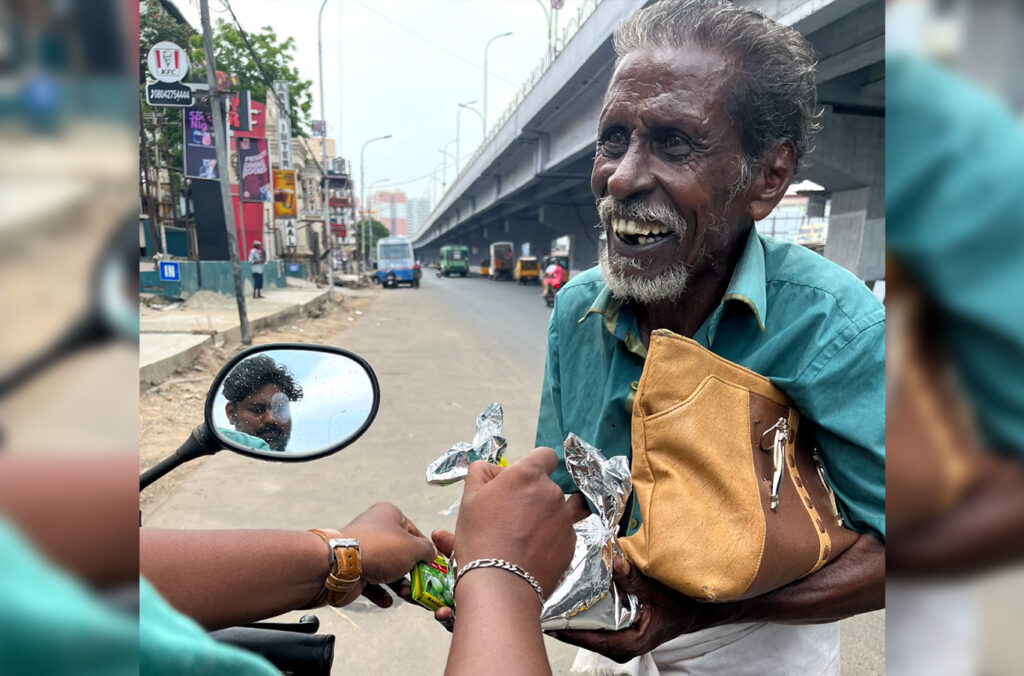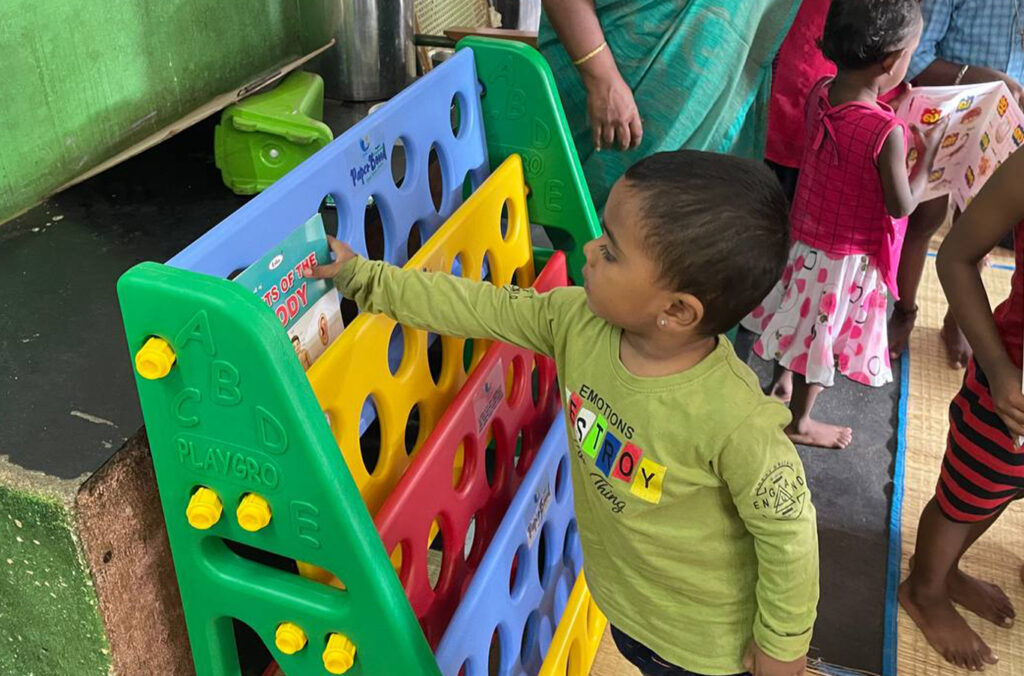In the pursuit of sustainable development, addressing hunger stands as a pivotal goal for humanity. As part of our commitment to this cause, BLUE NGO’s Research Unit embarked on a comprehensive study to assess food insecurity among beggars in Anna Nagar, Chennai. Supported by dedicated interns from Mar Gregorios College, Ms. Nithya S & Mr. Praveen Kumar, our team delved into the heart of the community to gather valuable insights. Here’s what we uncovered:
Introduction: At the core of the United Nations’ Second Goal lies the aspiration for Zero Hunger—a vision that resonates deeply with our mission at BLUE NGO. Recognizing that food is more than sustenance, it forms the bedrock of culture, health, and societal well-being. Yet, for many individuals residing in Anna Nagar, Chennai, access to regular meals remains a distant dream.
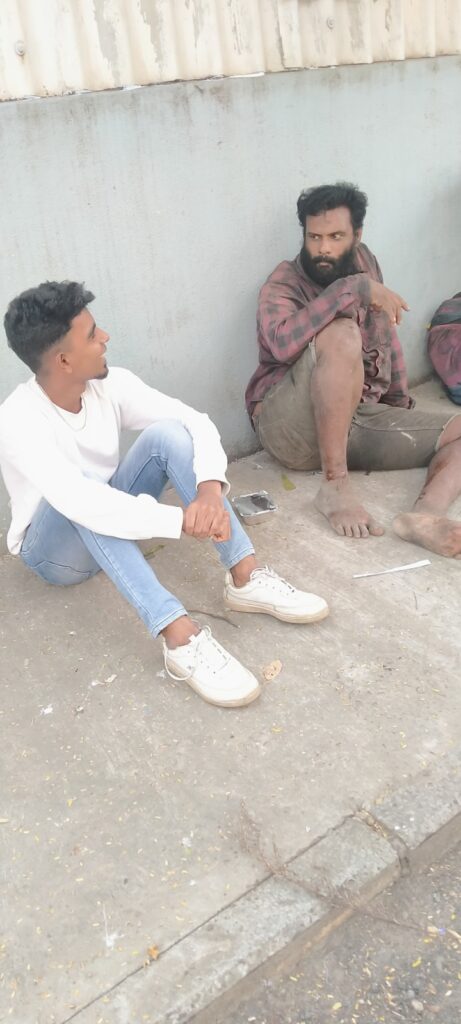
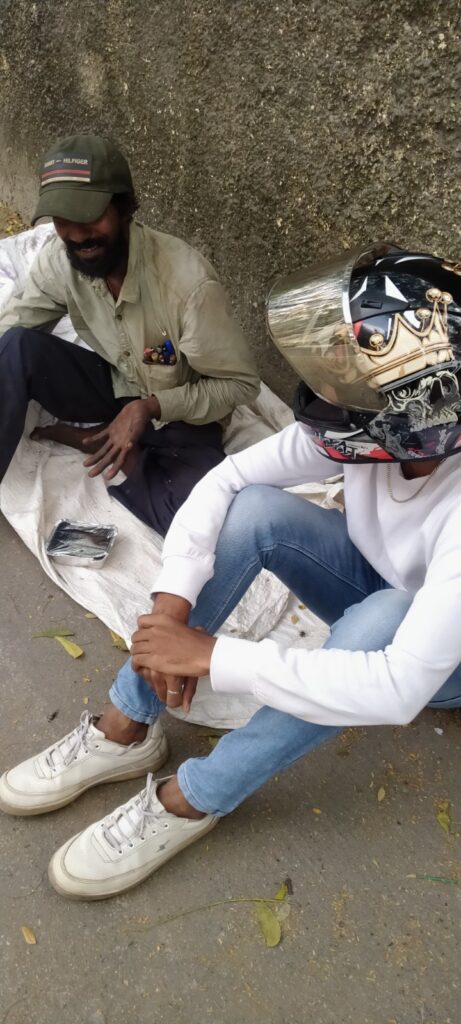
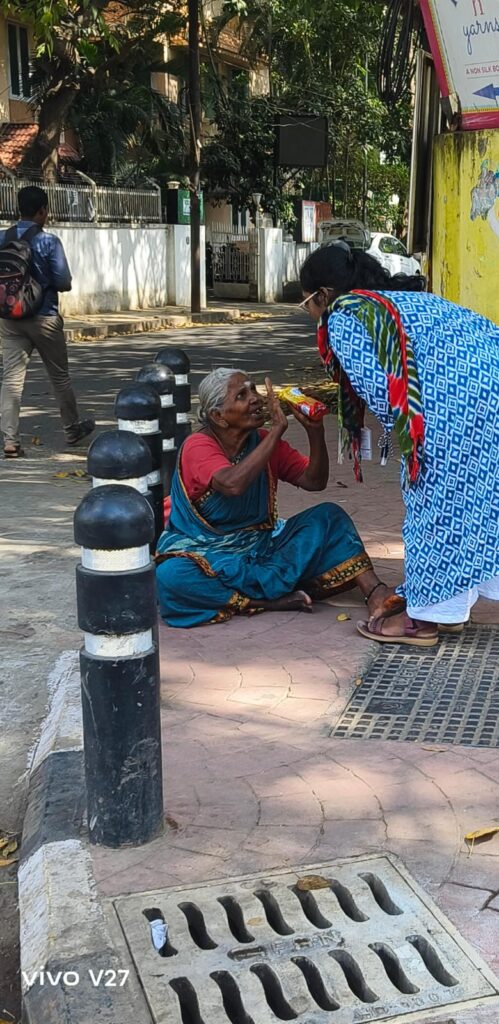
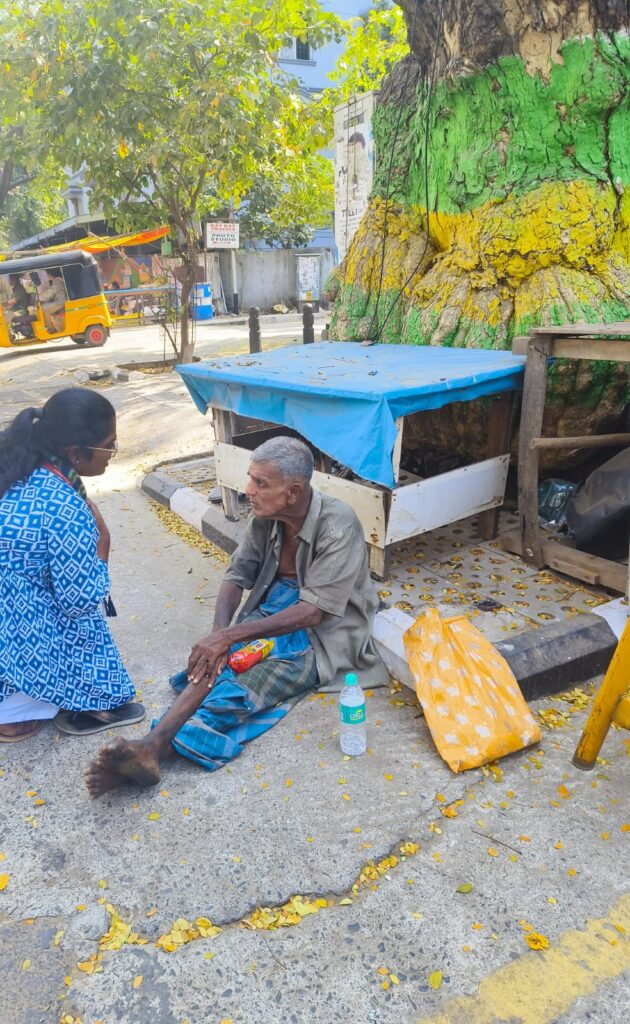
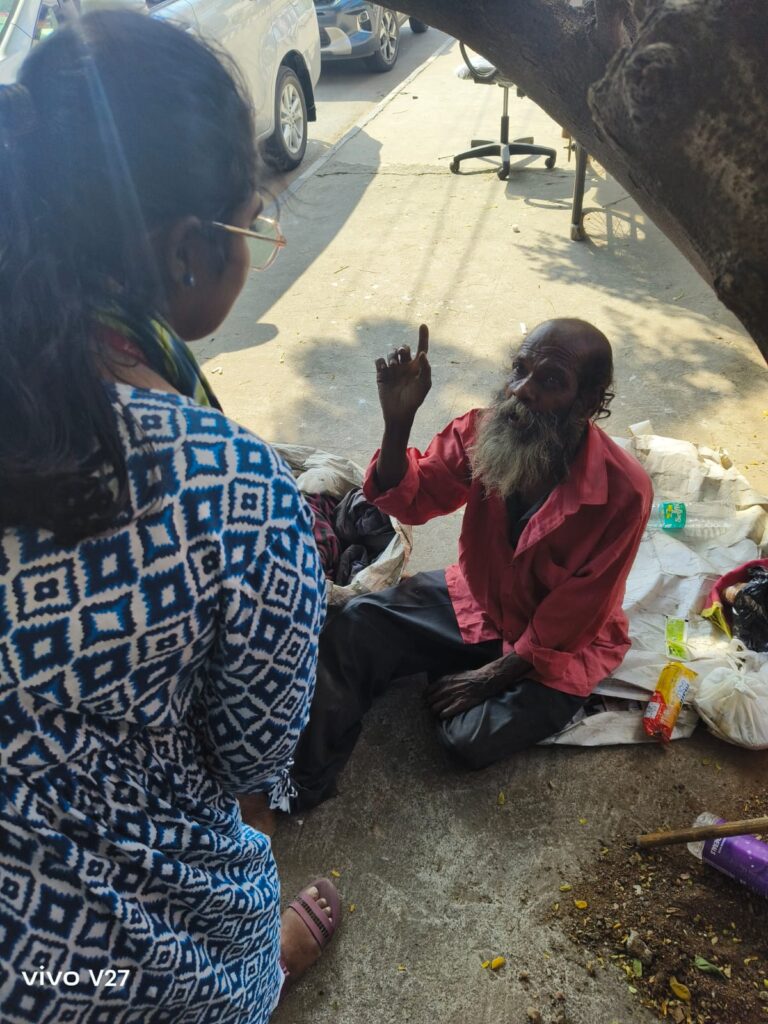
Objective: Our study aimed to delve into the prevalence of food insecurity among beggars in Anna Nagar, Chennai, by examining their dietary patterns, reasons for begging, and socio-economic backgrounds.
Methodology: Led by BLUE NGO’s Research Unit, our study employed a combination of qualitative and quantitative methods. Supported by our diligent interns, Ms. Nithya S & Mr. Praveen Kumar, data collection was conducted through structured questionnaires administered to ten respondents in the field.
Key Findings:
1. Socio-Demographic Insights:
- Age Distribution: Majority of respondents fell within the 51-60 age category, highlighting the vulnerability of older individuals in the community.
- Gender Ratio: While the majority of respondents were male, the presence of female beggars underscores the diverse demographics within the community.
- Livelihood: Begging emerged as the primary source of income for most respondents, with some also engaged in alternate forms of work or education.
2. Reasons for Begging:
- Financial Crises: Several respondents cited family financial crises as the driving force behind their reliance on begging.
- Setbacks in Employment: Instances of job setbacks, accidents, and disabilities compelled some individuals to turn to begging for survival.
- Lack of Parental Care: Tragic tales of childhood abandonment underscored the complex socio-economic factors influencing begging behavior.
3. Dietary Patterns:
- Food Consumption Frequency: Our study revealed disparities in meal frequency among respondents, with some consuming food twice or thrice a day, while others struggled to access even a single meal daily.
- Preferred Food Choices: Idli emerged as the favored dish among respondents, followed by Pongal, tea, curd rice, dosa, and sambar rice. The diversity of culinary preferences reflects the rich tapestry of culinary traditions embraced within the community.
Conclusion: The findings of our study shed light on the multifaceted nature of food insecurity among beggars in Anna Nagar, Chennai. Through the collaborative efforts of BLUE NGO’s Research Unit and our dedicated interns from Mar Gregorios College, we have gained valuable insights into the challenges faced by this marginalized community. Armed with these insights, we are poised to develop targeted interventions that address the root causes of food insecurity, promote dignity, and empower individuals to build sustainable livelihoods.
As we continue our journey towards achieving Zero Hunger, let us remember that every meal shared, every voice heard, brings us one step closer to a world where no one goes to bed hungry. Together, we can make a difference.
Stay tuned for updates on our initiatives and join us in our mission to create a world free from hunger.
Research conducted by the Research Unit of BLUE NGO. BLUE Interns from Mar Gregorios College, Ms. Nithya S & Mr. Praveen Kumar, supported with Data Collection in the field.

